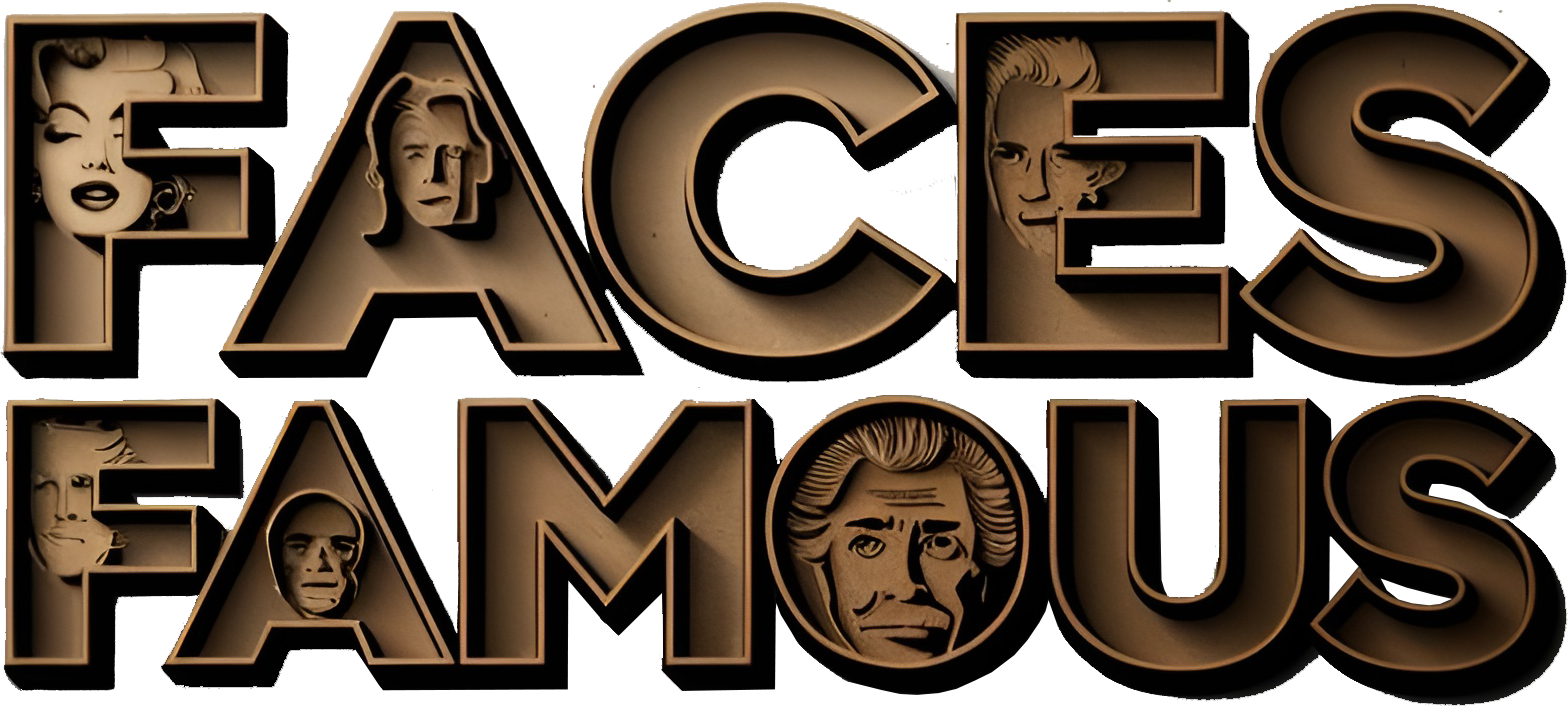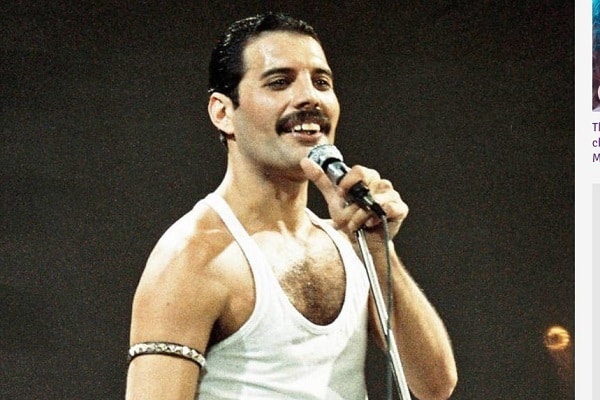Freddie Mercury: The Legendary Frontman of Queen
Freddie Mercury, born Farrokh Bulsara on September 5, 1946, in Zanzibar (now part of Tanzania), is widely celebrated as one of the greatest and most charismatic rock vocalists in history. Known for his dynamic stage presence, powerful vocals, and flamboyant personality, Mercury was the frontman of the British rock band Queen, which he co-founded in 1970. Through his work with Queen, his memorable solo career, and his contributions to music and popular culture, Mercury left an indelible mark on the world of rock music.
Early Life and Musical Beginnings
Freddie Mercury was born to Parsi-Indian parents and spent much of his childhood in Zanzibar before moving to India, where he attended St. Peter’s School in Panchgani. Mercury began developing his musical talents early, particularly with piano. His interest in Western rock and pop music grew during his school years, where he formed a band called the Hectics and developed a fascination with singers like Jimi Hendrix, Aretha Franklin, and Elvis Presley. In 1964, political unrest in Zanzibar led Mercury and his family to relocate to England, where he continued his education and eventually attended Ealing Art College.
In London, Mercury became involved in the city’s music scene, performing with several bands and building his reputation as a performer. In 1970, he joined forces with guitarist Brian May, drummer Roger Taylor, and later, bassist John Deacon, to form Queen. Mercury’s natural charisma, distinctive voice, and creative drive helped shape Queen’s identity, setting them apart as one of the most innovative bands of the time.
Rise of Queen and Freddie’s Iconic Persona
Queen’s early albums demonstrated a mix of rock, glam, and opera influences, as well as Mercury’s unique songwriting style. Their breakthrough came in 1974 with the album Sheer Heart Attack, featuring the hit “Killer Queen,” which showcased Mercury’s theatricality and versatile vocal range. Queen’s next album, A Night at the Opera (1975), featured the groundbreaking single “Bohemian Rhapsody.” This six-minute epic, with its operatic sections, complex harmonies, and Mercury’s unforgettable vocal performance, became one of the most iconic songs in rock history.
Mercury’s on-stage persona, marked by elaborate costumes, daring makeup, and flamboyant gestures, redefined the role of a rock frontman. He captivated audiences with his energy and confidence, establishing himself as a larger-than-life figure. Mercury’s flamboyance contrasted with his private nature, and he rarely spoke about his personal life, maintaining a sense of mystery that added to his allure.
Freddie Mercury’s Unique Vocal Style
Mercury’s vocal talent was extraordinary, with a range that spanned nearly four octaves and an ability to shift effortlessly from powerful belting to delicate, softer tones. He was known for his vocal versatility, switching between rock, opera, and pop styles with ease. Scientists have even studied Mercury’s voice to understand its distinctive characteristics, noting his use of vibrato and his remarkable control over pitch and dynamics. His vocal prowess helped Queen experiment with various genres, from hard rock (“Stone Cold Crazy”) to disco (“Another One Bites the Dust”) to opera-inspired rock (“Bohemian Rhapsody”).
Memorable Performances and Queen’s Legacy
One of Mercury’s most celebrated performances was at the Live Aid concert in 1985 at Wembley Stadium. Broadcast to millions around the world, Queen’s 20-minute set included hits like “Radio Ga Ga,” “We Will Rock You,” and “We Are the Champions.” Mercury’s magnetic presence and vocal power captivated the audience, and the performance is often regarded as one of the greatest live rock performances of all time.
Mercury’s creative contributions to Queen’s discography extended beyond singing; he wrote many of the band’s hits, including “Somebody to Love,” “Don’t Stop Me Now,” and “Crazy Little Thing Called Love.” His eclectic musical influences and willingness to experiment helped Queen develop a unique sound that blended rock, pop, opera, and even classical music.
Personal Life and Challenges
Mercury’s personal life was as complex as his music. He had relationships with both men and women, most notably his long-term friendship with Mary Austin, whom he once described as his “common-law wife.” Mercury came to terms with his sexuality over time, eventually embracing his identity as a gay man and maintaining relationships with various partners.
In the late 1980s, Mercury was diagnosed with HIV, a disease that was highly stigmatized and poorly understood at the time. Though his health declined, Mercury continued to work, recording music with Queen and performing until his body could no longer keep up. His diagnosis was kept private, and Mercury remained dedicated to his art even as he battled illness. In 1991, he publicly confirmed his battle with AIDS just days before his death. Freddie Mercury passed away on November 24, 1991, at the age of 45, leaving behind a legacy as a beloved and courageous artist.
Legacy and Cultural Impact
Freddie Mercury’s impact on music and culture is enduring. He redefined what it meant to be a rock star, breaking boundaries of gender and sexuality at a time when few public figures dared to do so. As a musician, Mercury’s approach to blending genres and incorporating elements of theater and opera influenced future generations of artists across genres, from rock and pop to classical music. His style and spirit can be seen in performers like Lady Gaga, Adam Lambert, and even classical tenors like Andrea Bocelli, who cite him as an inspiration.
The 2018 film Bohemian Rhapsody, a biographical drama about Mercury and Queen, reintroduced his story and music to a new generation, earning several awards and solidifying his legend in popular culture. Mercury’s vocal style, performance artistry, and commitment to authenticity continue to inspire artists and fans worldwide. His music remains relevant and beloved, with Queen’s songs frequently played at events, sports arenas, and celebrations.
Conclusion
Freddie Mercury’s life was one of passion, creativity, and courage. As the frontman of Queen, he transformed the rock music landscape and created a legacy that continues to inspire artists and captivate audiences. With his remarkable voice, iconic performances, and bold persona, Mercury remains a timeless figure in music history, remembered not only for his contributions to Queen but for the joy and inspiration he brought to millions of fans around the world. His work lives on, transcending generations, and solidifying his place as one of the greatest rock legends of all time.



